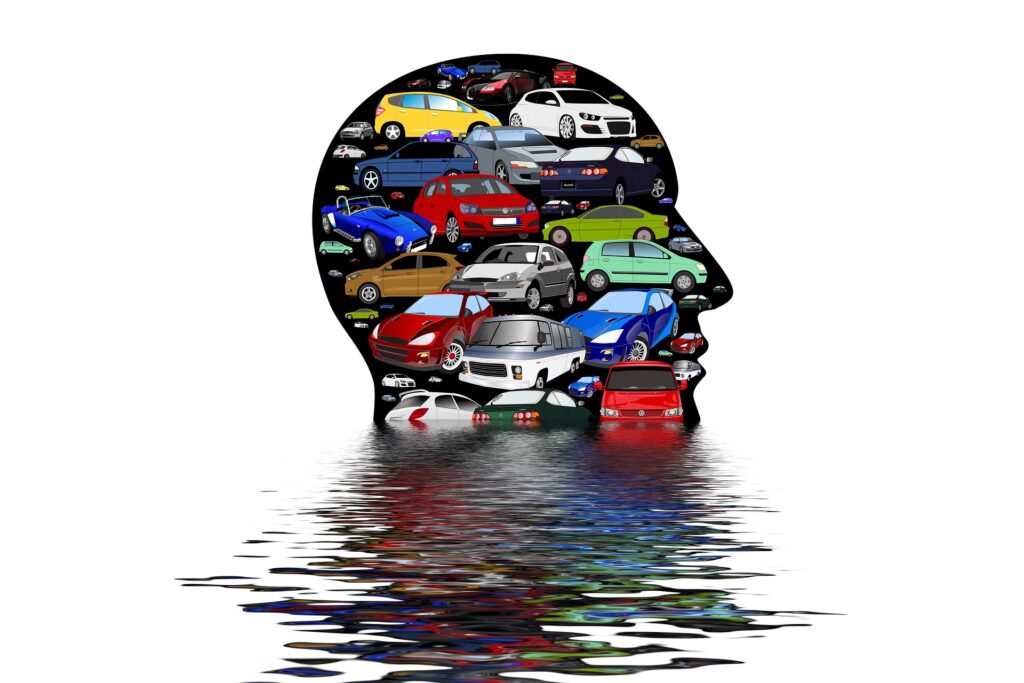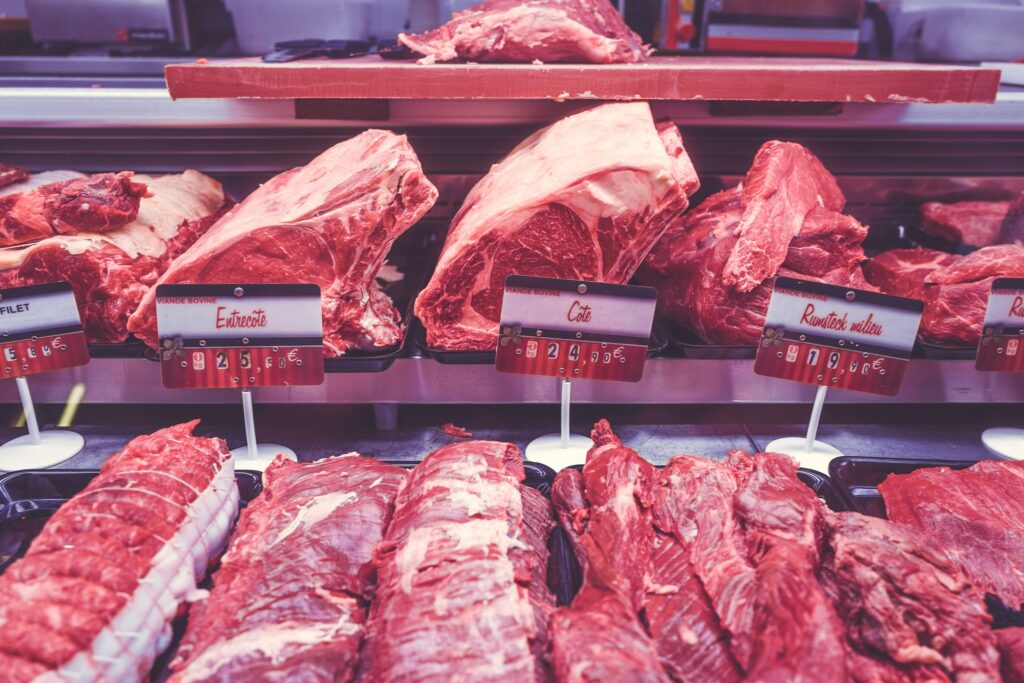3 habits that you can change gradually to save the
Ever so often we see the news flashing headlines about floods, heavy rainfall, forest fires and drastic climate change.
It’s easy for us to blame huge corporations, firms and businesses for chemical, water, manufacturing and plastic pollution, but let’s just gulp the fact that each one of us are responsible for the carbon footprint we leave behind, by our daily habits. Although Europe has been better in terms of decreased ecological footprint as compared to other nations and an improvement in our greenhouse gas emission, we still have a long way to go to reach the 2030 agenda for Sustainable Development Goals (SDG) of the UN.
Is it only the responsibility of bigger firms, NGOs and Government to bring the change or a collective effort from each one of us?
The fact is, our daily habits are contributing to the crisis of the planet and out of the many habits one can list, let’s address the most common questions often asked.
- Should we drive our vehicles less often?
- Should we eat less meat?
- Should we fly less?
We need to address these questions and bring about the conversation so that cutting down on these habits becomes the new normal. Let’s take a look at why we should gradually change these habits.
1.Should we drive less?

Our car trips to the nearby grocery store, gym, kid’s school or office have become habitual. We as women adorn multiple hats and multitask on a daily basis. Owning a car helps with convenience. But, do you know on an average, a car releases 2 kg of CO2, which means a full tank will release approximately 200kg of carbon dioxide. Now, calculate your carbon footprint on a daily basis and multiply that with 365 days and then apply this to Europe’s half population. It’s no more insignificant. It’s massive. So, yes, we should give driving less a serious thought.
Why is this hard to implement and how can we do it successfully?
On one hand, where Metropolitan cities have developed transport systems, there are numerous countries, cities and towns who do not have good infrastructure for the same. Moreover, extreme weather conditions are a bigger culprit for good transportation infrastructure. But unless it’s one of these reasons, we can aim to reduce transportation footprint by following these alternatives:-
- Take that rail/bus ride– Travelling by rail and bus although has its own carbon footprint comparatively, it’s lesser than a car. If you have the privilege of opting for these for your daily commute, then ditch your car.
- Carpool and be cool- This is another great option to lessen fuel emission. If public transport or a huge crowd is your issue, then carpooling is the second-best option.
- Walk that Mile -One cannot emphasize the benefits of walking. If your daily route is at a walkable distance then this will not only benefit the planet but also your health. Kids at an earlier age can form a habit of walking that will also lead them to a healthier lifestyle.
- Pedal your way through a bicycle- Netherlands, Denmark, Austria, and Germany have specifically invested a whole sector in bike transport. From installing cycling lanes to making electrical bikes easily available for the public, they have seen a drastic change in the increase in their biking transport. You don’t need to be Dutch to bike. You just have to purchase one and start biking short distances.
- If you intend to purchase a new vehicle look for options with less engine emission, that are solar-powered or electrical. Don’t buy something bigger than you need. A large car approximately emits 85% more greenhouse gases per km than a small vehicle.
2. Should we eat less meat?

We, women, take our family dinners, festivity, and socializing with family and friends very seriously. Good, grand food is a huge part of our culture. We all love our bacon, barbecues, and juicy burgers. Today, meat is no longer a survival diet BUT it’s gourmet. The amount of meat we eat, in fact, the amount of unrequired meat our families consume has led us towards chronic illnesses, obesity, unhealthy living, and a lot more. And this habit is not just destroying our health but the planet and future generations. Meat consumption is responsible for greenhouse gas emissions such as methane, CO2, and nitrous oxide. The land utilized for animal husbandry is a direct cause for the decrease in agricultural land.
Why is it hard to implement for some people:-
Most meat eaters feel overwhelmed by the whole no meat commitment, going vegan, plant based diets etc. A lot of them are concerned about their protein resources and are not aware or well educated about it’s alternatives. Another huge issue is availability of such alternatives.
How can you achieve it:-
- Start by taking baby steps. Giving up eating meat just one day a week can have a great impact. It sounds ridiculous but collectively the numbers can be huge.
- Learn about alternative sources of proteins
- Get to know if your neighbourhood has some vegan or eco-friendly stores, cafes and restaurants.
- Try vegan meat. Yes, it’s a thing. With its texture, smell and taste almost like meat, this kind of meat is made from plant based ingredients such as soy.
3. Should we fly less?

Worldwide flights produced 915 million tonnes of CO2 emissions in 2019 which accounted for 12 percent of emissions from all transport sources. Planes not only disrupt but also kill birds and animals. The noise and light pollution by the aviation industry hugely destroys the natural environment. Carbon emission produced in the sky is worse than that produced at ground level. The aviation sector is a substantial contributor to global greenhouse gas emission.
Why is this hard to implement and How can we achieve it?
We take flights to save time and money. In Europe the rail costs for long distance journeys can be pretty expensive and time consuming. So, while this issue needs to be sorted by the government we can still do something.
- Take a road trip or rail trip– If your flight is specifically for family travel or leisure and not business then take the scenic road/rail trip.
- Downsize from business to economy– Do you know just by downsizing from business to economy class cuts down carbon usage.
Recently I came across a quote by Chief Seattle that said,
We don´t inherit the earth from our ancestors, we borrow it from our children
Chief Seattle
If this worries you the same way it worries me, then the question we need to ask is- Are these habits really that hard to change? Are we as women, ready to pay the cost of our habits with the future of our children?


Recent Comments